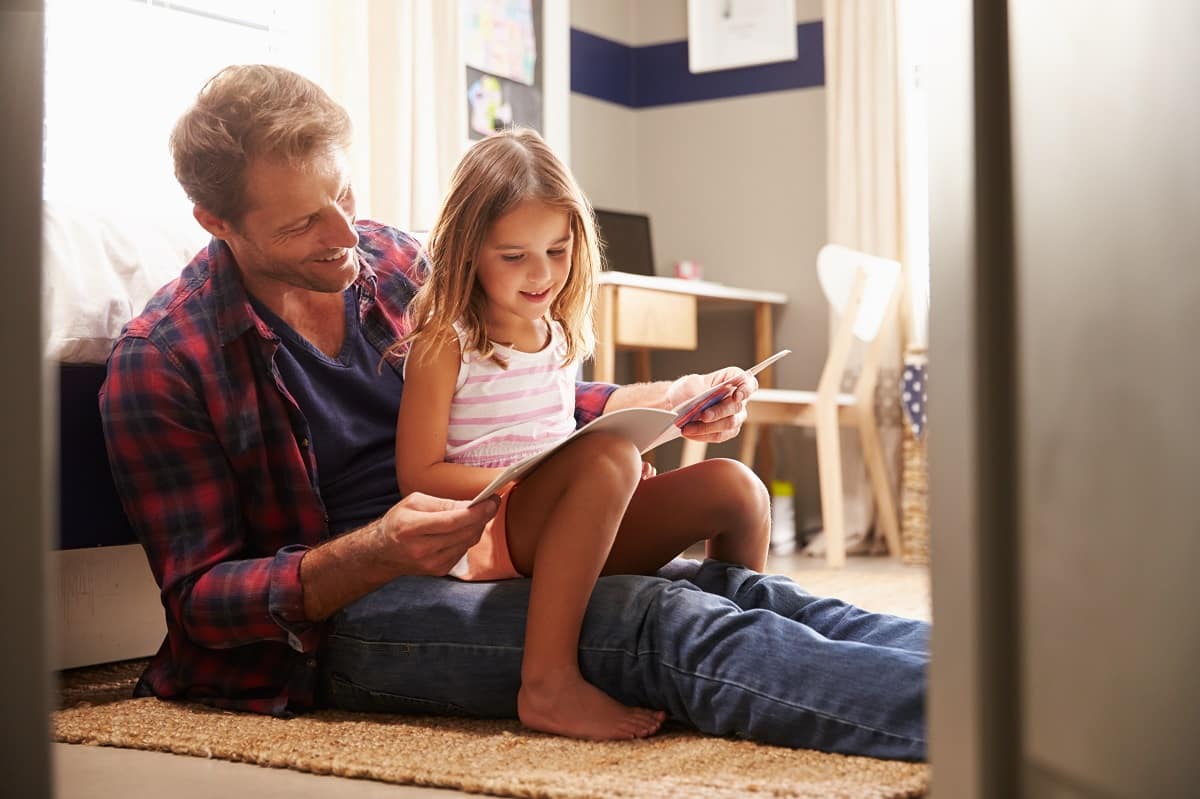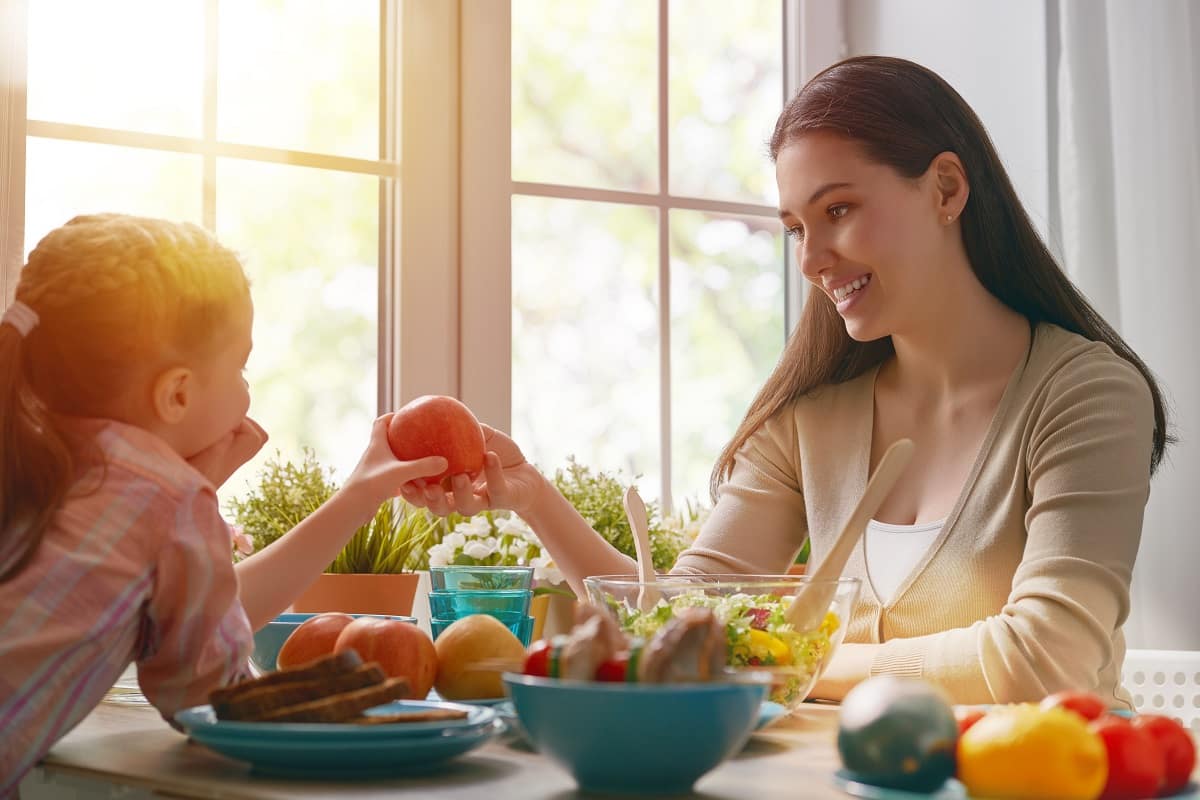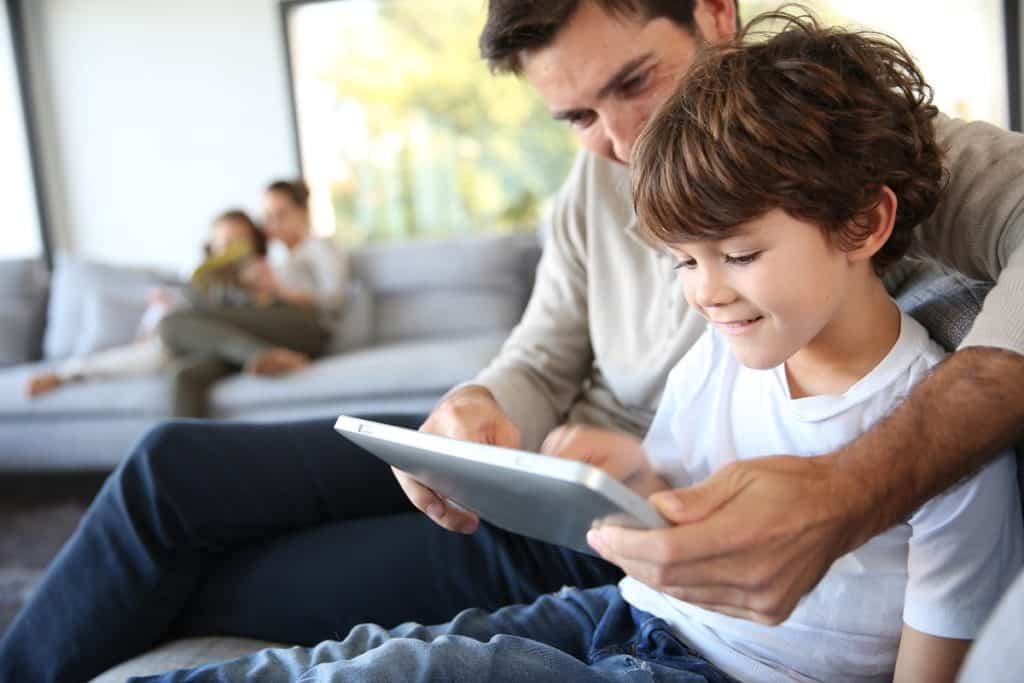Do you believe that children are like a blank canvas? Or do you believe that they already have the ability to be cognizant of patterns, behavior, and traits? Whichever of these two you believe in, one thing is for certain: kids learn from their primary caregivers (parents, grandparents, teachers, babysitters, etc.). They are limited only by their lack of experience and knowledge. It is not that kids will never learn how valuable vegetables are to their health or that social interactions are important. It’s just that they haven’t experienced them yet. That’s the role of their caregivers.
The cognitive years between zero and eight years old are the most important in a child’s life. During these years, they learn about and develop their intellect, social, emotional, and physical skills. This is why most parents enroll their children in an early childhood education program. The school will play an essential role in empowering these kids to build relationships and develop their intellect.
Nurturing Healthy Habits
Habit formation, however, is still deeply rooted at home. Children emulate their parents. If you eat junk food in bed, your kids will like to do that, too. If you watch TV until two in the morning, that’s what your kids will learn about the bedtime routine.
Children are already starting to develop habits that they will bring until they’re old. These habits will affect their physical health, interactions, well-being, focus, and memory. Ensure that your kids have a solid foundation by intentionally creating good habits with them.
Learning

Good study habits start from a very young age. Read to your kids before bedtime, whether they understand the words or not. Make it a point to teach them basic concepts every morning after breakfast and before they start playing. Enroll them in early learning programs so that they can discover new educational activities that will interest them.
Play
Make time for play. Structured and unstructured plays are critical components to a child’s physical, cognitive, and social development. It will also help them if they can spend time with their parents or primary caregivers. Through your attitude during these playtime hours, they will learn competition, tolerance, and patience. Playdates with kids their age are important, too, because they will learn team dynamics and collaboration.
Healthy Eating

How do kids grow up hating vegetables? It might be because they have never been introduced to these vegetables. Kids do not have an idea that vegetables aren’t as tasty as chocolate cake. That all depends on how you introduce certain food to them. Eating healthy and nutritious food starts from their childhood. You can make it fun by combining vegetables and fruits of different colors. You can also whip up the dishes with the kids to teach them about cause and effect.
Don’t let them skip breakfast either. Harvard Medical School confirms that skipping breakfast will lead to diabetes, obesity, and heart diseases later in life. Healthy breakfast gives the brain a boost, as well as keep their bodies strong.
Outdoors
Playing outside at least for one to one and a half hours will do your kids good. Whether it be a playdate in a public park or simply walking around the park, your kids need to spend time outdoors. They should get a lot of sun, meet new friends, and do a lot of physical activity. Stop letting them play more than an hour on iPad or other mobile devices. They should be outdoors, soaking in the sun and being merry with friends.
Hygiene
Kids do a lot of things that will soil their clothes and make them sweaty. They should be aware that they have to clean after playing. Ensure that the kids take a bath at least once a day, or twice if they become too dirty during their afternoon play. They should also recognize soiled clothes from washed and ironed clothes. They must change clothes after school and after play, especially when everyone tries to avoid the risks of infection during the pandemic.
Awareness
Your kids cannot grow up in a bubble. They should be aware of what’s happening in their surroundings. Read child-friendly news articles to them. Explain to them climate change in simple terms, for example. This will help them learn how to take care of the environment. Improving their awareness about these things will make them better members of the community in the future. These things can broaden their horizons and help identify the roles they want to play in society.
Children are never too young to learn about themselves, their roles, and the world. They look at their parents and caregivers as sources of information. Make sure that you are leading by example and teaching kids to form good habits.
